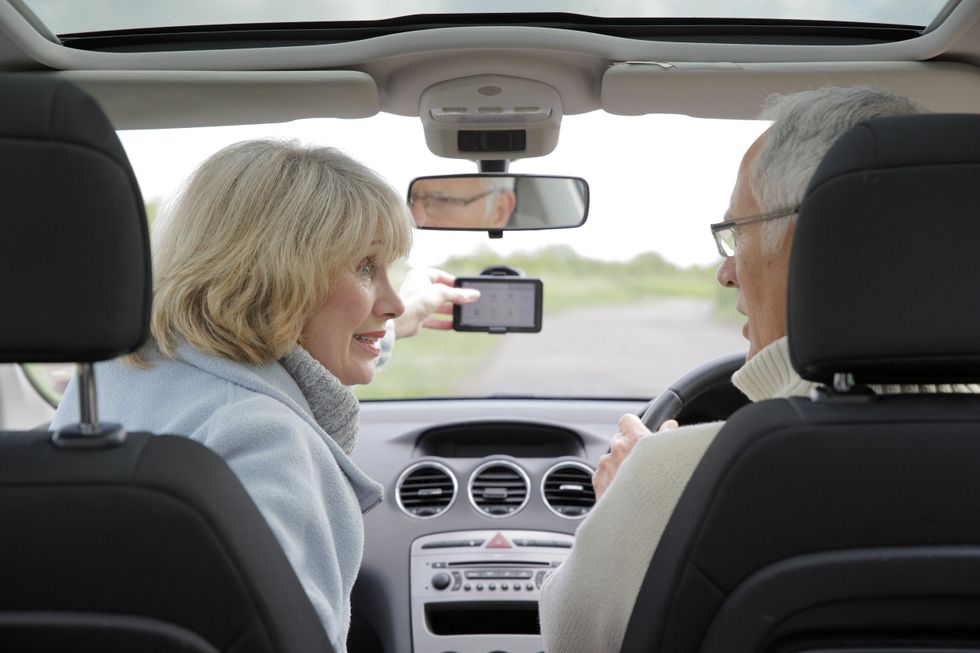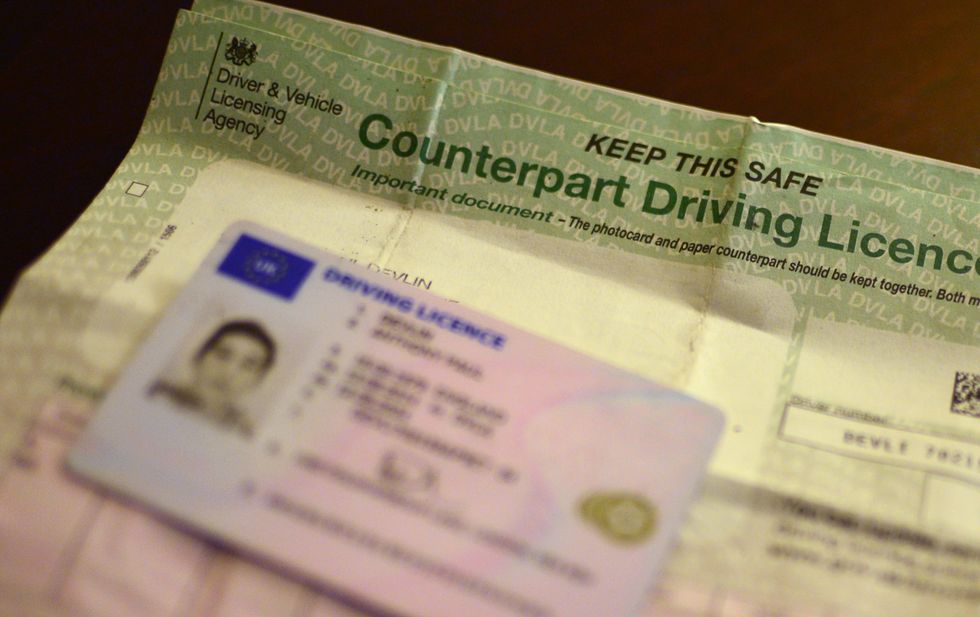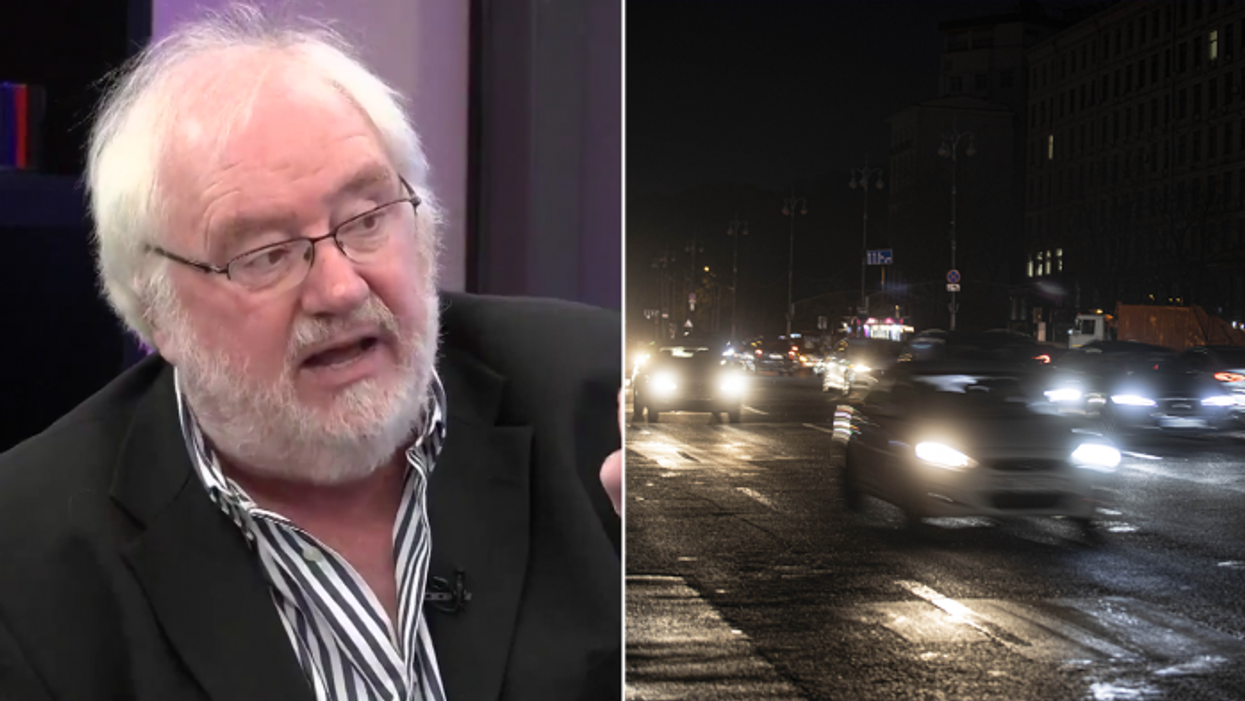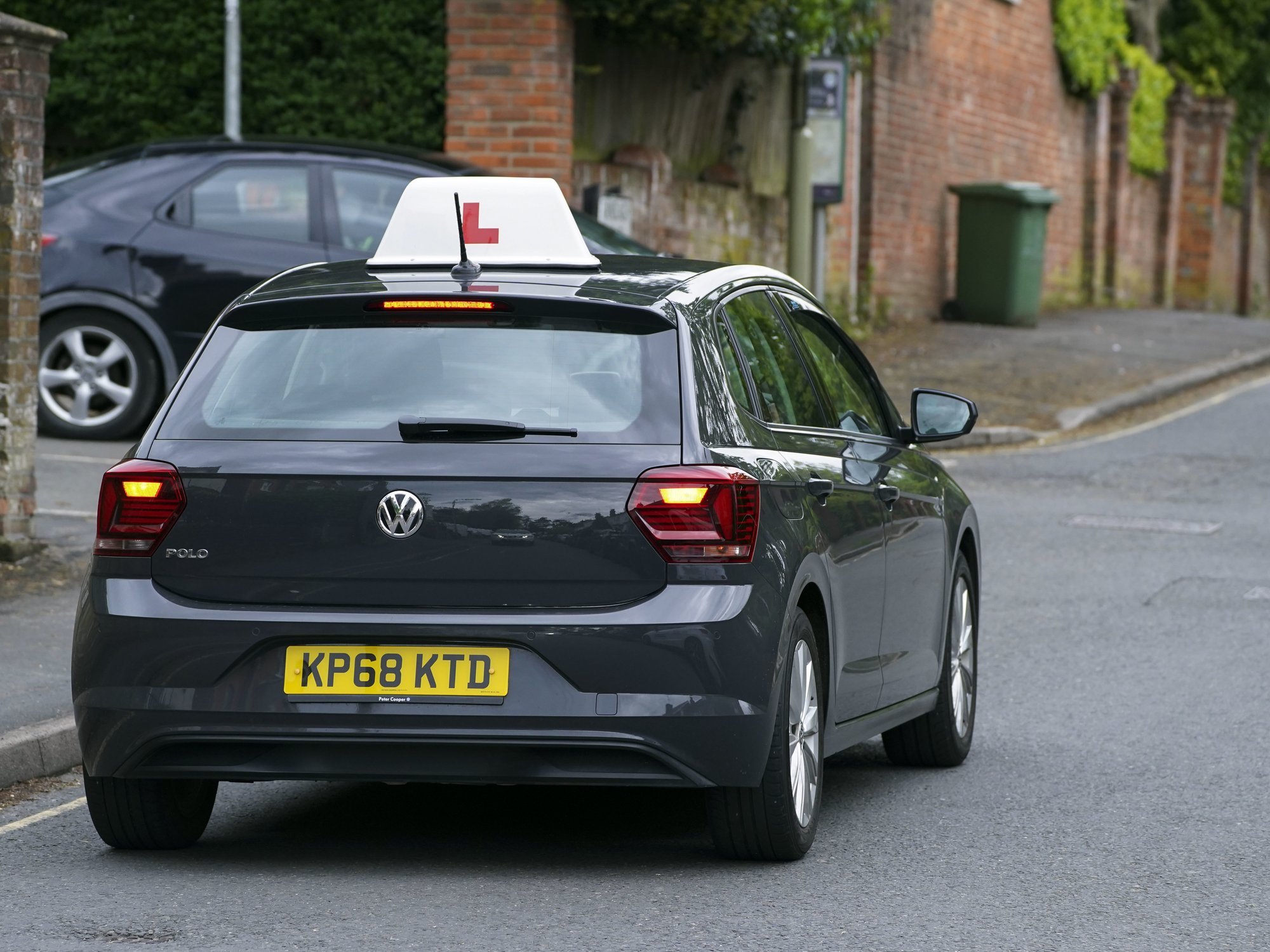Older motorists must be aware of 'many factors' impacting their ability to drive amid DVLA warnings

'If driving is a necessity for them, then it may be possible to tweak some of these factors'
Don't Miss
Most Read
Experts are calling on elderly drivers to make themselves aware of DVLA conditions that could have an impact on their ability to stay on the road.
The number of drivers aged 90 and older on Britain’s roads has doubled to more than 150,000 over the last decade, with a growing number of older people staying in their cars for longer.
This comes amid calls from road safety experts and drivers for more research into the impact of eyesight issues on older people.
Generally, eyesight deteriorates as someone gets older and this can have a potentially hazardous impact on someone who remains behind the wheel.

One expert said there are many factors that impact someone's driving ability
|GETTY
Some have even called for new driving laws to make eyesight testing a mandatory feature of renewing a licence once a motorist reaches a particularly advanced age.
There are no mandatory health checks for drivers before they renew their licence, although some people may need to inform the DVLA about medical conditions if it affects their driving, or they could face a hefty fine.
Craig Delahaye, associate director of legal operations at National Accident Helpline, spoke to GB News about elderly drivers and how they may face issues when on the road.
He said: “There are many factors that can affect an older person’s ability to drive, ranging from medication causing drowsiness, to loss of eyesight and mobility problems.
“These factors are what should be considered when deeming people safe to drive, and not simply their age.
“However, it’s important that if any of these are causing impairments, that this is reported to the DVLA.”
Once someone reaches 70 years of age, they must renew their driving licence every three years, compared to every 10 years for younger age groups.
Older motorists will get a notification from the DVLA informing them of the need to renew before their 70th birthday.
Renewal is free when using the DVLA’s online services, while people can also use Post Office services following an agreement late last year.
Craig Delahaye has also advised drivers to visit their GP if they feel like aspects of their lifestyle or health have affected their ability to drive safely.
The expert added: “If driving is a necessity for them, then it may be possible to tweak some of these factors.
“This includes visiting the GP to change the medication they’re on or the optician to modify a prescription.
“However, the GP may also advise that, for their own safety, it’s best to stop driving altogether.”
He also urged drivers to check the DVLA’s list of medical conditions or they could face a £1,000 fine for not informing the DVLA about any changes to their health.
LATEST DEVELOPMENTS:

Not declaring a medical condition that has an impact on driving ability can lead to a £1,000 fine
|PA
Drivers could also be hit with expensive car insurance charges as an insurer could refuse to pay out on a claim if an incident occurs because of a medical condition that was not disclosed to the DVLA.











